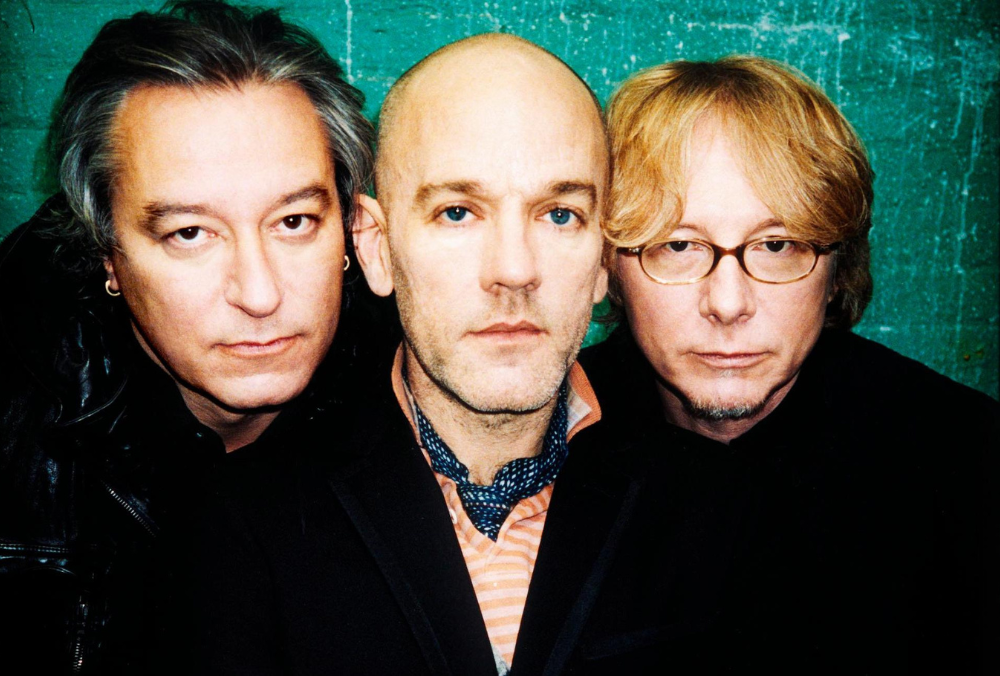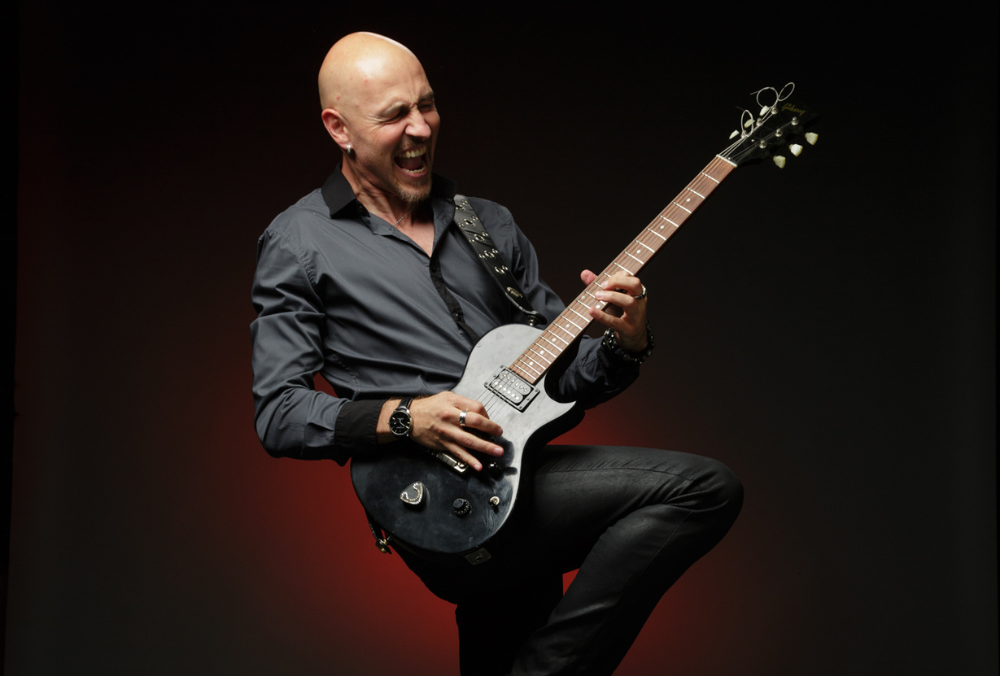
Music Is Like Water: HRISTELIN Invites You to Choose What You Drink
What does it take to reimagine your musical identity after two decades in the spotlight? HRISTELIN has never shied away from change, from dreamy instrumentals born in a night-time vision to Arabic‑infused compositions inspired by the cosmic cityscape of Dubai. In this conversation, the acclaimed artist reflects on balancing honesty with artistry, genre‑hopping with heart, and invites both longtime fans and new listeners to dive into his boundless creative world.
HRISTELIN, you’re an acclaimed artist with over two decades under your belt. You clearly bring a wealth of experience to the music scene. As you open this new chapter in your career, what message would you like to share with those who’ve followed you for years, and those just discovering your work now?
To all my longtime listeners, I want to wish you to remain open to the new changes and musical facets of my soul that are now being revealed. I hope you will embrace these directions just as warmly as before, and that my new emotions will remain close to you.
To new listeners, my message is simple: seek honesty, sincerity, and authenticity in music. Music is not a sport, nor is it a race to make something better than someone else. It’s a way to show your true self and to create only what truly resonates in the soul and comes from the heart.
There are perhaps two principal approaches to creating music: one is sticking to your genre and exploring familiar topics; the other strategy, probably more risky, is diving into something new with every project, not just in sound and lyrics, but even in vocals and singing style. Which path resonates more with you? Or do you find yourself blending elements of both?
I often used to hear from acquaintances: “Your music is too varied, you don’t have a single direction, no unified concept, you should stick to one sound like great bands do.” These words often knocked me off course. After all, each new work, whether instrumental or a song, was created without trying to fit into a specific style. Songs came in English, in Bulgarian; there was a period with songs in Russian, and sometimes instrumental pieces. All of it differed in mood and sound.
It’s enough to listen to one of my albums to understand: it’s always a mix of different directions, and every new single sounds unique. That’s natural for me. So I have always lived and continue to live in the second option of your question, the second approach. For me, the main thing, as I already said in my answer to the first question, is to do everything sincerely, from the heart. In one word, genuinely. Without thinking about who will say what and how they will classify it. Yes, it’s risky, but this is me.
This is also reflected in my openness to collaborations with different musicians. I have joint tracks with various artists. For example, “I’m So Fine” with the amazing opera singer Irina Delska. With another equally outstanding singer, Olga Pudova, we recorded a cover of “Fly Away on the Wings of the Wind” (Aria from the opera Prince Igor by Alexander Borodin), and I believe it turned out beautifully. Olga sang it in an incredibly cosmic way.
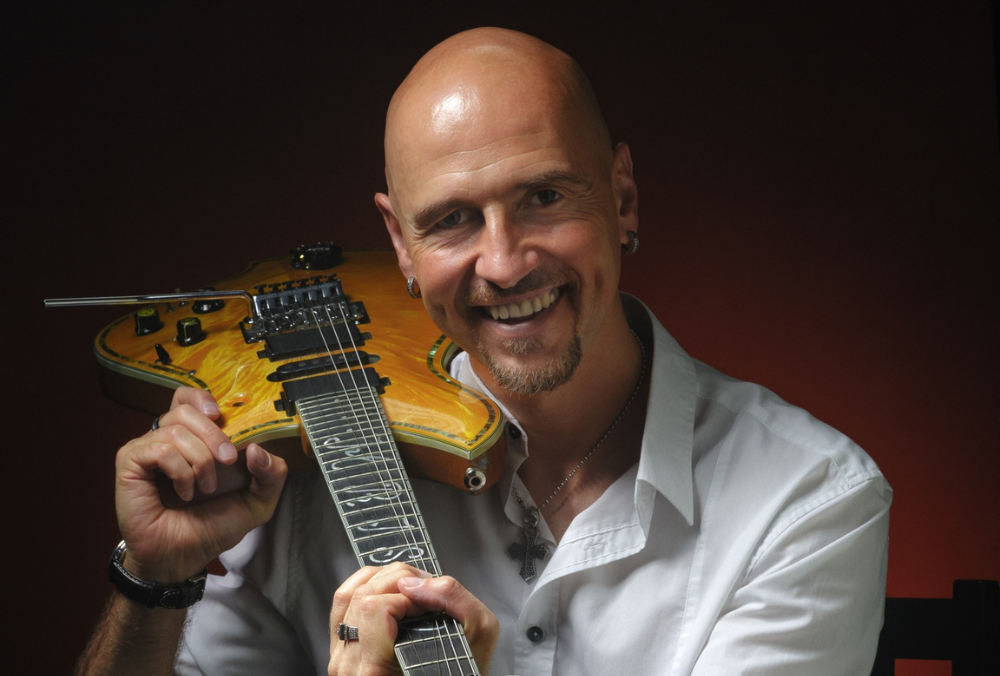
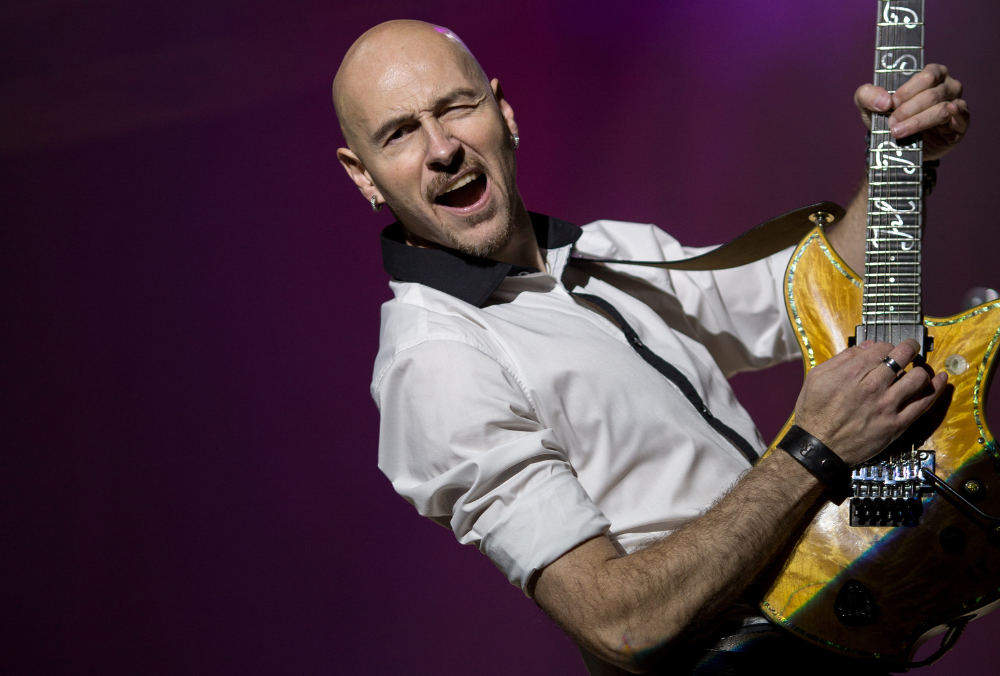
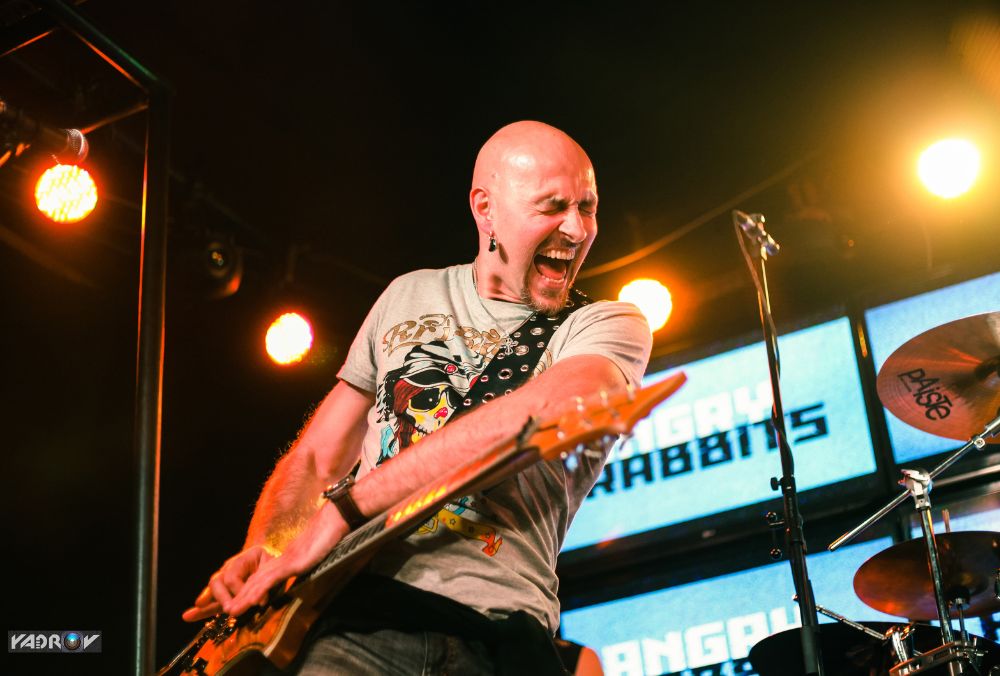
I want to highlight two works that reflect my current inspiration. “Martian Code,” created in a spontaneous improvisation with my friend Anya Topcheva (MarsiAnka), absorbed the power of the mountains and the endless deserts of the UAE, a country that, for me, having grown up among the green mountains of Bulgaria, feels like another planet. And, “Dubai Star” is a new direction in my work, where for the first time I introduced Arabic motifs and a mood inspired by the atmosphere of Dubai, a modern, truly cosmic city. In this composition, I also added the airy and pure voice of my beloved wife, Julia Kirilova. I believe, its tenderness and beauty should reach every listener, like a balm that gently touches the heart and warms the soul.
It’s often said that the best work comes from personal experience. Do you agree? And how does that idea shape your creative process?
I completely agree that the best music comes from personal experience. All my works, whether songs or instrumental compositions, are based on what I have lived through. For example, the instrumental piece “All My Love To You” once came to me in a dream at night. When I woke up, I first thought it would be a song with lyrics, but in the end, it became an instrumental piece that I love very much.
The title speaks for itself; this music is filled with love. I have performed it many times in concerts, and although it is addressed to everyone, I always see my wife in the audience and know exactly where she is sitting. When I play this piece, I feel that it is meant specifically for her.
In fact, every new work of mine is largely born thanks to our relationship. The energy I receive from her, in words and without words, inevitably finds its way into my music.
According to media reports, your main musical influences include AC/DC, Steve Vai, Joe Satriani, Deep Purple, Scorpions, Dream Theater, and Infected Mushroom. Would you add any current artists to that list? Are there any international acts on the charts today that you particularly enjoy?
Yes, of course, many more names can be added to this list. Definitely Hans Zimmer, and I really like Ludovico Einaudi. Also, classical music: Mozart, Vivaldi. There was a period when I listened to Frank Sinatra for a long time. Among pop artists, of course, the great Michael Jackson. Just yesterday, my wife and I were in the car listening to Sia, she has great songs and very interesting arrangements.
The list is long. Among guitarists — Paul Gilbert, Ritchie Blackmore (with whom my journey began), David Gilmour, and Pink Floyd as a whole.
As for specific songs I like, the first that comes to mind is “Chandelier” by Sia. Also, “Living on a Prayer” by Bon Jovi, “We Are The Champions” and “I Want It All” by Queen. These may not be the newest compositions, but for me, they are timeless. Among more modern artists, I like Imagine Dragons. In general, there are many songs and artists, and this list is constantly growing.
HRISTELIN, were there any specific songs or compositions that completely blew you away and instantly sparked your creativity?
Yes, of course, many different compositions have made a strong impression on me, but there are a few specific examples. One of them is the well-known classical piece “Turkish March” by Mozart. It has an incredible positive energy that he put into it. I made a cover of this piece, which was included in my album We Are Super Stars, and received the same charge of positivity and drive. I have performed it many times at my concerts. There were even joking comments from the audience that “Mozart would be proud.”
Another example is the Mediterranean melody “Misirlou” performed by guitarist Dick Dale, which I first heard in the movie Pulp Fiction. This melody stayed in my head for a long time. First, I made a cover of it, and then I wanted to create my piece with the same energy. That’s how my composition “Courage” appeared, inspired precisely by “Misirlou”.
I also just remembered the theme from The Godfather. My cover of it is not yet released (a live performance can be found on my YouTube channel), but I have played it hundreds of times at concerts. It always gives goosebumps — both to me and to the listeners, judging by their reactions at my shows.
The list can go on for a very long time. I have many melodies in my memory that have left a mark and inspired my creativity.
Following up on that, I’m curious, do songs with lyrics and vocals come more naturally to you, or do you feel more at home with creating instrumental music?
I enjoy creating both songs with lyrics and vocals, and instrumental music. Sometimes these are pieces with just vocals and no words, where the voice sounds like a separate instrument. But I also love creating purely instrumental works just as much.
From the reaction of people at concerts, I see that tastes are divided: some prefer my songs with lyrics, others — my instrumental works. In any case, I do all of this, as I have already said, from the heart. And I’m glad that my music resonates both with those who love words and with those who value music without them.
You’re currently focused on promoting three released tracks, “Dubai Star,” “One Life,” and “Life,” along with the new material you’re working on. Which of these songs received the most surprising or heartwarming reaction from listeners? Tell us more about your fans’ feedback.
All three songs are special to me in their own way. But if I had to choose one, it would definitely be “Life”. After performing it, I have seen very different reactions: people cried, thanked me, and said the music cleansed and healed them. There was one case when, after a concert, a man came up to me with tears in his eyes, expressing endless gratitude for this music, and then took my hands and began kissing them. Remembering this always gives me goosebumps.
Perhaps such reactions are what make this composition even more special for me. It became the main soundtrack for the feature film Labyrinths of Love, won the Grand Prix at an international festival in Israel, and has received thousands of comments saying it’s my most touching work.
Alongside your traditional music career, you’ve contributed to film, television, theatre, and major international events. What are the key challenges or unique aspects of this kind of work? Do you see yourself continuing to explore this area in the future?
Yes, it always brings me great pleasure. But the creative process here is a bit different than when I write my songs or instrumental pieces that are born in a free creative flow. In such projects, there is always a moment when the music needs to be aligned with the director’s vision, whether it’s a film, theater, or some creative event. This is work with corrections and a clear script.
Nevertheless, I love this work; I have done it with pleasure before, and I continue to do it. I am always open to new proposals, whether it’s music for films, theater, or any kind of event. It’s always a big challenge. And although I do not doubt the final result, the very need to take into account the script and the director’s vision gives this work a special “spice” — that little extra that makes it so interesting and inspiring for me.
We’ve talked about audience feedback already, but have any fans reached out to tell you that a particular song or composition helped them through a tough time or even saved their life? I imagine that would be one of the most meaningful rewards for any artist. If you’re open to sharing, we’d love to hear about it.
Once, I received a message from a woman who wrote that she had often heard the phrase “music can change a person’s life” but never understood what it really meant. Only after she heard my piece “I’m So Fine” did she understand. She said this music literally opened her eyes and had a very strong impact on her life.
As I already mentioned about “Life,” people often say they cry when listening to it, and that it cleanses them. About “Afterlife”, I’ve also been told that this music literally heals them. In fact, I’ve often heard that my music “heals.” Even before the official release of the album “What I Feel,” I uploaded it to my YouTube channel, and after numerous comments, its working title was even “Blessed Music.”
Honestly, at first I was skeptical about this. But over time, I realized it was true. Moreover, my music heals not only others but also me. My wife and I often listen to it, and she fully agrees with this description.
So, if any of your readers are going through a difficult time, just listen to “Life”, “Afterlife”, “I’m So Fine”, “What I Feel”. Perhaps you will find something in them that is close to you and needed at that moment.
And finally, what message would you like to share with your current and future fans — both as an artist and as a human being?
Back in the 2000s, when I made my first website, I wanted to write a phrase that became something like my motto: Respect yourself, be natural, be yourself.
This is the message I want to convey to everyone: always be yourself. Because the most valuable thing in life, apart from life itself and health, is to be genuine — not pretending, not trying to be someone else.
And I also want to wish people to listen to pure music. Remember: music is like water. We cannot live without water, but we choose what water to drink. There is pure water, which makes us feel good, and there is dirty water, which can poison us. It’s the same with music: there is music that carries light and pure energy, that fills and inspires, and there is music that, on the contrary, pollutes and drains you. That’s why it’s important to consciously choose what you listen to. Music enters us just like water enters our body, and the way it is directly affects our inner state.

